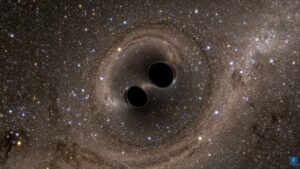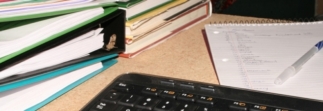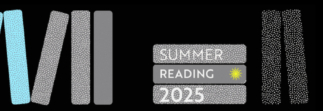
Two black holes merge into one. Image Credit: SXS, the Simulating eXtreme Spacetimes (SXS) project
Last week, moments after researchers in the LIGO Scientific Collaboration announced the first direct detection of gravitational waves — the space-time ripples predicted by Albert Einstein 100 years ago — there began a deluge of news coverage and social media posts related to the findings. (Even President Obama chimed in.)
How to make sense of what happened?
We in the Libraries were excited by the news and wanted to contribute the best way we know how: by organizing and sharing information. The LIGO results involve many MIT researchers, including one of the founders of LIGO, Rainer Weiss, a professor emeritus of physics. Those researchers have produced peer-reviewed articles, conference papers, technical reports, and theses, and a large number of these papers reside in DSpace@MIT, a digital repository run by the Libraries.
And so, in honor of the breakthrough, we have collaborated with MIT scientists to create a resource guide on LIGO and gravitational waves with links that point readers to DSpace articles with MIT authors. Categories include: early ideas for gravitational wave detection, which features Rainer Weiss’s groundbreaking 1972 description of how to build a detector; Initial LIGO; Advanced LIGO; the September 2015 discovery event; gravitational wave theory, and MIT theses on topics related to gravitational-wave physics.
The links in each category are “live”: When new papers that match certain keywords (like “gravitational waves” in the article title) are deposited to DSpace, they will appear when you click the link.
We built the guide with Scott Hughes, an MIT professor of physics and expert on gravitational waves, and we also consulted LIGO researchers.
Want to understand more before delving into technical papers? MIT is hosting a public talk with MIT researchers involved in the LIGO discovery this evening, Friday, February 19, 5:30-7pm, in Building 26-110.

